Atomic References with C++20
Atomics receives a few essential extensions in C++20. Today, I start with the new data type std::atomic_ref.

The type std::atomic_ref applies atomic operations to its referenced object.
std::atomic_ref
Concurrent writing and reading using a std::atomic_ref is no data race. The lifetime of the referenced object must exceed the lifetime of the std::atomic_ref. Accessing a subobject of the referenced object with a std::atomic_ref is not well-defined.
Motivation
You may think using a reference inside an atomic would do the job. Unfortunately not.
In the following program, I have a class ExpensiveToCopy, which includes a counter. The counter is concurrently incremented by a few threads. Consequently, counter has to be protected.
// atomicReference.cpp #include <atomic> #include <iostream> #include <random> #include <thread> #include <vector> struct ExpensiveToCopy { int counter{}; }; int getRandom(int begin, int end) { // (6) std::random_device seed; // initial seed std::mt19937 engine(seed()); // generator std::uniform_int_distribution<> uniformDist(begin, end); return uniformDist(engine); } void count(ExpensiveToCopy& exp) { // (2) std::vector<std::thread> v; std::atomic<int> counter{exp.counter}; // (3) for (int n = 0; n < 10; ++n) { // (4) v.emplace_back([&counter] { auto randomNumber = getRandom(100, 200); // (5) for (int i = 0; i < randomNumber; ++i) { ++counter; } }); } for (auto& t : v) t.join(); } int main() { std::cout << std::endl; ExpensiveToCopy exp; // (1) count(exp); std::cout << "exp.counter: " << exp.counter << '\n'; std::cout << std::endl; }
exp (1) is the expensive-to-copy object. For performance reasons, the function count (2) takes exp by reference. count initializes the std::atomic<int> with exp.counter (3). The following lines create ten threads (4), each performing the lambda expression, which takes counter by reference. The lambda expression gets a random number between 100 and 200 (5) and increments the counter exactly as often. The function getRandom (6) start with an initial seed and create a uniformly distributed number via the random number generator Mersenne Twister.
 Modernes C++ Mentoring
Modernes C++ Mentoring
Do you want to stay informed: Subscribe.
In the end, the exp.counter (7) should have an approximate value of 1500 because the ten threads increment on average 150 times. Executing the program on the Wandbox online compiler gave me a surprising result.
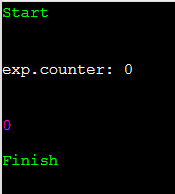
The counter is 0. What is happening? The issue is in line (3). The initialization in the expression std::atomic<int> counter{exp.counter} creates a copy. The following small program exemplifies the issue.
// atomicRefCopy.cpp #include <atomic> #include <iostream> int main() { std::cout << std::endl; int val{5}; int& ref = val; // (2) std::atomic<int> atomicRef(ref); ++atomicRef; // (1) std::cout << "ref: " << ref << std::endl; std::cout << "atomicRef.load(): " << atomicRef.load() << std::endl; std::cout << std::endl; }
The increment operation (1) does not address the reference ref (2). The value of ref is not changed.
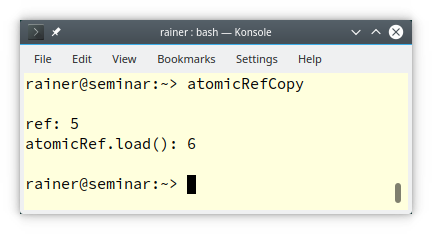
Replacing the std::atomic<int> counter{exp.counter} with std::atomic_ref<int> counter{exp.counter} solves the issue:
// atomicReference.cpp #include <atomic> #include <iostream> #include <random> #include <thread> #include <vector> struct ExpensiveToCopy { int counter{}; }; int getRandom(int begin, int end) { std::random_device seed; // initial randomness std::mt19937 engine(seed()); // generator std::uniform_int_distribution<> uniformDist(begin, end); return uniformDist(engine); } void count(ExpensiveToCopy& exp) { std::vector<std::thread> v; std::atomic_ref<int> counter{exp.counter}; for (int n = 0; n < 10; ++n) { v.emplace_back([&counter] { auto randomNumber = getRandom(100, 200); for (int i = 0; i < randomNumber; ++i) { ++counter; } }); } for (auto& t : v) t.join(); } int main() { std::cout << std::endl; ExpensiveToCopy exp; count(exp); std::cout << "exp.counter: " << exp.counter << '\n'; std::cout << std::endl; }
Now, the value of counter is as expected:
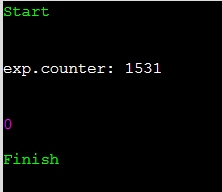
To be Atomic or Not to be Atomic
You may ask me why I didn’t make the counter atomic in the first place:
struct ExpensiveToCopy { std::atomic<int> counter{}; };
Of course, this is a valid approach, but this approach has a significant downside. Each access to the counter is synchronized, and synchronization is not for free. On the contrary, using a std::atomic_ref<int> counter lets you explicitly control when you need atomic access to the counter. Most of the time, you may only want to read the value of the counter. Consequently, defining it as an atomic is pessimization.
Let me conclude my post with a few more details about the class template std::atomic_ref.
Specializations of std::atomic_ref
You can specialize std::atomic_ref for user-defined types, use partial specializations for pointer types or full specializations for arithmetic types such as integral or floating-point types.
Primary Template
The primary template std::atomic_ref can be instantiated with a trivially copyable type T. Trivially copyable types are either scalar types (arithmetic types, enum's, pointers, member pointers, or std::nullptr_t‘s), or trivially copyable classes and arrays of scalar types
Partial Specializations for Pointer Types
The standard provides partial specializations for a pointer type: std::atomic_ref<t*>.
Specializations for Arithmetic Types
The standard provides specialization for the integral and floating-point types: std::atomic_ref<arithmetic type>.
- Character types:
char, char8_t(C++20), char16_t, char32_t, andwchar_t - Standard signed integer types:
signed char, short, int, long,and long long - Standard unsigned integer types:
unsigned char, unsigned short, unsigned int, unsigned long, andunsigned long long - Additional integer types, defined in the header
<cstdint> - Standard floating-point types:
float,double, andlong double
All Atomic Operations
First, here is the list of all operations on std::atomic_ref.
The composite assignment operators (+=, -=, |=, &=, or ^= ) return the new value; the fetch variations return the old value. The compare_exchange_strong and compare_exchange_weak perform an atomic exchange if equal and an atomic load if not. They return true in the success case, otherwise false. Each function supports an additional memory-ordering argument. The default is sequential consistency.
Of course, not all operations are available on all types referenced by std::atomic_ref. The table shows the list of all atomic operations depending on the type referenced by std::atomic_ref.
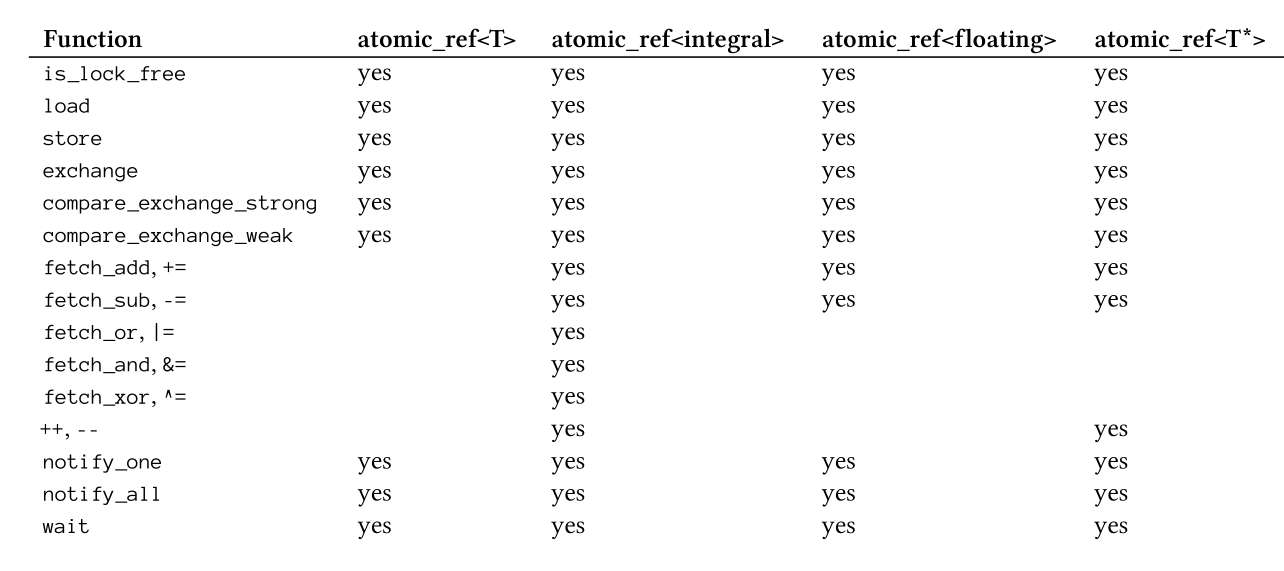
When you study the last two tables carefully, you notice that you can use std::atomic_ref to synchronize threads.
What’s next?
std::atomic and std::atomic_ref support in C++20 member functions notify_one, notify_all, and wait. The three functions provide a convenient way to synchronize threads. In my next post, I will have a closer look at std::atomic and, in particular, the thread synchronization with std::atomic‘s
Thanks a lot to my Patreon Supporters: Matt Braun, Roman Postanciuc, Tobias Zindl, G Prvulovic, Reinhold Dröge, Abernitzke, Frank Grimm, Sakib, Broeserl, António Pina, Sergey Agafyin, Андрей Бурмистров, Jake, GS, Lawton Shoemake, Jozo Leko, John Breland, Venkat Nandam, Jose Francisco, Douglas Tinkham, Kuchlong Kuchlong, Robert Blanch, Truels Wissneth, Mario Luoni, Friedrich Huber, lennonli, Pramod Tikare Muralidhara, Peter Ware, Daniel Hufschläger, Alessandro Pezzato, Bob Perry, Satish Vangipuram, Andi Ireland, Richard Ohnemus, Michael Dunsky, Leo Goodstadt, John Wiederhirn, Yacob Cohen-Arazi, Florian Tischler, Robin Furness, Michael Young, Holger Detering, Bernd Mühlhaus, Stephen Kelley, Kyle Dean, Tusar Palauri, Juan Dent, George Liao, Daniel Ceperley, Jon T Hess, Stephen Totten, Wolfgang Fütterer, Matthias Grün, Ben Atakora, Ann Shatoff, Rob North, Bhavith C Achar, Marco Parri Empoli, Philipp Lenk, Charles-Jianye Chen, Keith Jeffery, Matt Godbolt, Honey Sukesan, bruce_lee_wayne, Silviu Ardelean, schnapper79, Seeker, and Sundareswaran Senthilvel.
Thanks, in particular, to Jon Hess, Lakshman, Christian Wittenhorst, Sherhy Pyton, Dendi Suhubdy, Sudhakar Belagurusamy, Richard Sargeant, Rusty Fleming, John Nebel, Mipko, Alicja Kaminska, Slavko Radman, and David Poole.
| My special thanks to Embarcadero |  |
| My special thanks to PVS-Studio |  |
| My special thanks to Tipi.build |  |
| My special thanks to Take Up Code |  |
| My special thanks to SHAVEDYAKS |  |
Modernes C++ GmbH
Modernes C++ Mentoring (English)
Rainer Grimm
Yalovastraße 20
72108 Rottenburg
Mail: schulung@ModernesCpp.de
Mentoring: www.ModernesCpp.org


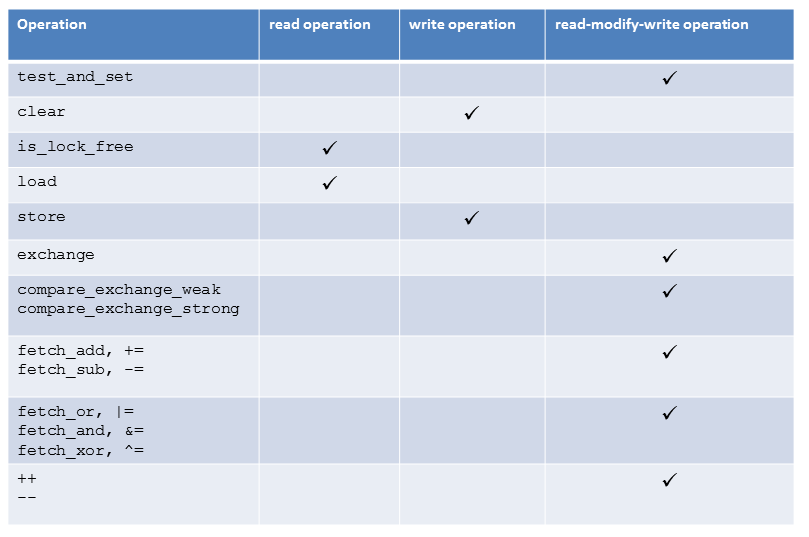
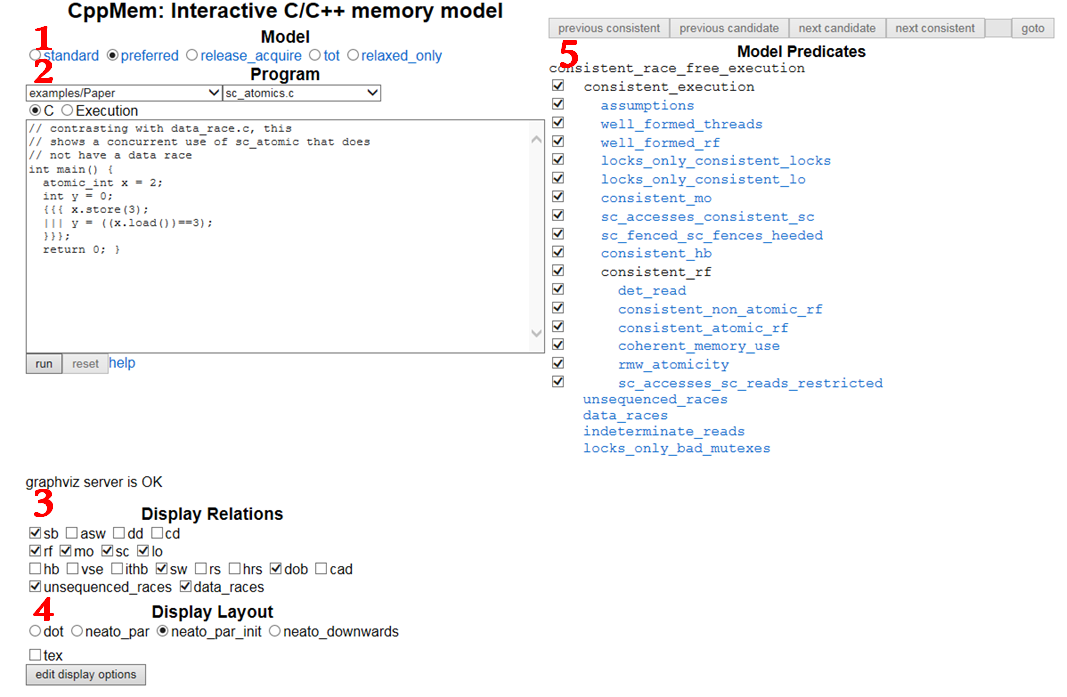

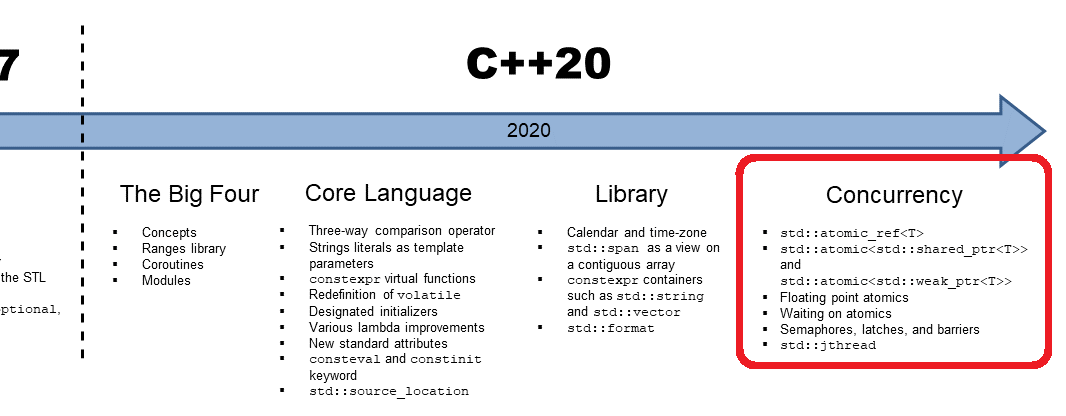


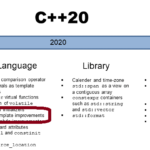
Leave a Reply
Want to join the discussion?Feel free to contribute!